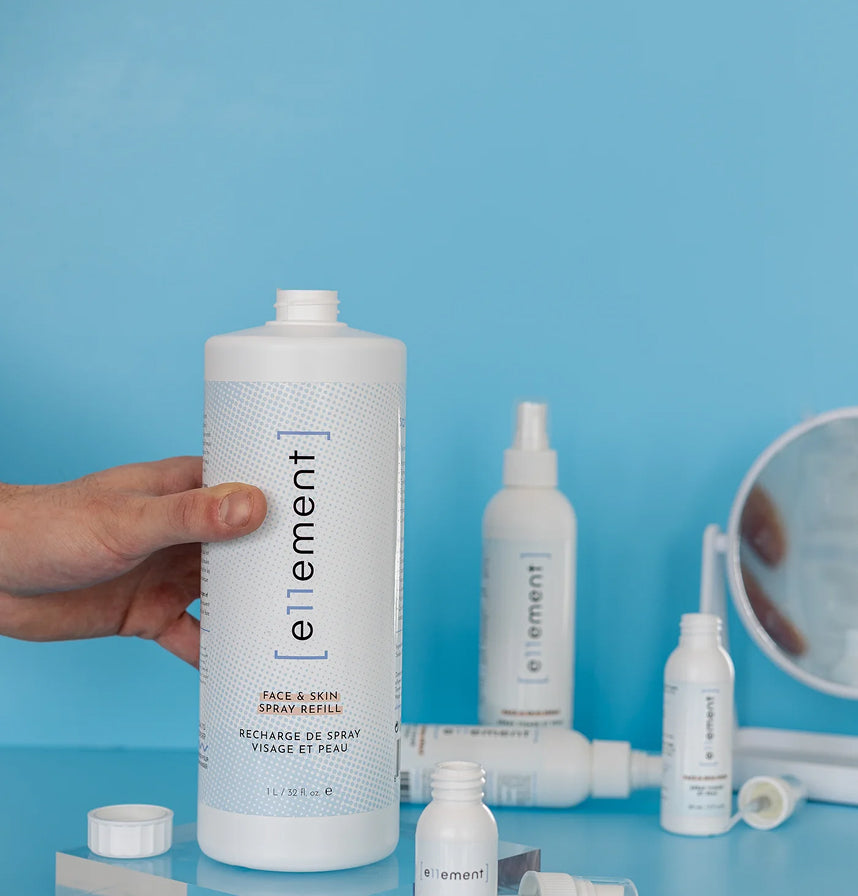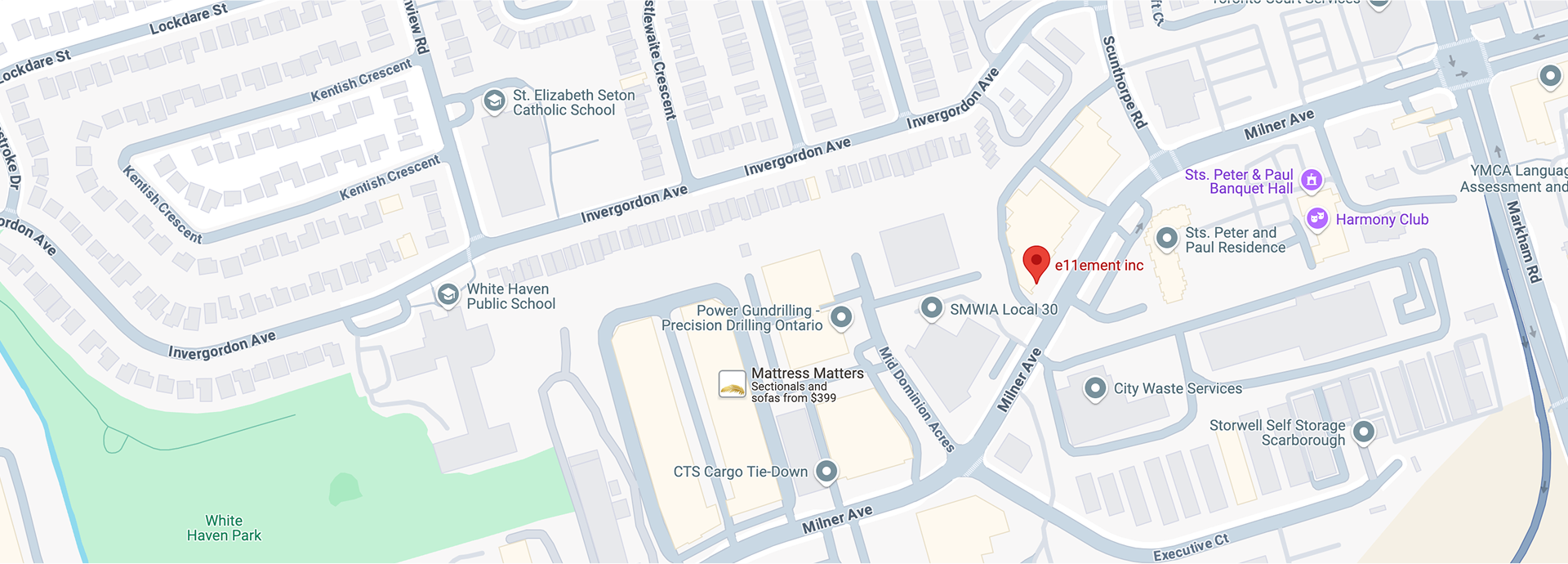Winter months bring cold weather and low humidity, leading to dry skin. When your skin becomes excessively dry, it can trigger an overproduction of sebum to compensate, clogging pores and causing acne. Coupled with the irritation caused by harsh winds and indoor heating, winter creates the perfect storm for breakouts. This phenomenon makes effective winter acne solutions essential.

Common Winter Acne Triggers:
-
Dry Skin: Reduced moisture levels compromise your skin barrier.
-
Increased Sebum Production: Overcompensation for dryness can lead to clogged pores.
-
Irritants: Heavy fabrics, scarves, and beanies may cause friction and trap bacteria.
Hypochlorous Acid for Acne: A Game-Changer?
Hypochlorous acid (HOCl) is a naturally occurring compound produced by your white blood cells to fight infections. Its antimicrobial and anti-inflammatory properties make it a standout ingredient for skincare, especially for acne prevention in winter.
Hypochlorous Acid Benefits for Skin:
-
Gentle Yet Effective: Unlike many acne treatments, HOCl is non-drying and safe for sensitive skin.
-
Antibacterial Action: Kills acne-causing bacteria without disrupting the skin’s microbiome.
-
Reduces Inflammation: Calms redness and swelling associated with breakouts.
-
Accelerates Healing: Supports faster recovery of blemishes.
These attributes make hypochlorous acid a versatile addition to any winter skincare routine for acne-prone skin.
How to Treat Winter Acne with Hypochlorous Acid
Incorporating hypochlorous acid skincare products into your regimen can help prevent and treat winter acne. Here's how:
Step-by-Step Winter Skincare for Acne-Prone Skin:
-
Cleanse: Use a mild, hydrating cleanser to avoid stripping your skin of natural oils.
-
Apply HOCl Spray: Hypochlorous acid spray for acne can be used after cleansing to kill bacteria and reduce inflammation.
-
Moisturize: Opt for non-comedogenic moisturizers to lock in hydration without clogging pores.
-
Protect: Use sunscreen daily, even in winter, to shield your skin from UV rays.
Best Products for Winter Acne
When choosing winter acne solutions, look for products that are hydrating, non-irritating, and enriched with hypochlorous acid. Here are some recommendations:
-
Hypochlorous Acid Sprays: Ideal for preventing dry skin acne and soothing irritated skin.
-
Moisturizers with Ceramides: Restore your skin barrier and maintain hydration.
-
Gentle Exfoliants: Use sparingly to remove dead skin cells without over-drying.
Preventing Dry Skin Acne: Practical Tips
In addition to using hypochlorous acid for blemishes, these practices can help keep winter breakouts at bay:
-
Hydrate from Within: Drink plenty of water to support your skin’s moisture levels.
-
Humidify Your Space: Use a humidifier to counteract dry indoor air.
-
Avoid Overwashing: Limit cleansing to twice daily to prevent further dryness.
-
Choose Soft Fabrics: Avoid harsh materials that can irritate your skin.
Winter Breakouts Solutions for Sensitive Skin
For those with sensitive skin, hypochlorous acid for sensitive skin offers a gentle approach to acne prevention in winter. Unlike harsher treatments, HOCl products minimize irritation while addressing the root causes of acne.
Why Hypochlorous Acid is Ideal for Sensitive Skin:
-
Free from harsh chemicals or fragrances.
-
Balances your skin’s pH naturally.
-
Reduces redness and soothes irritation.
Conclusion:
Hypochlorous acid can be a powerful ally in preventing winter acne due to its soothing, anti-inflammatory, and antimicrobial properties. It helps to maintain the skin's natural barrier while preventing dryness and breakouts caused by cold weather. By incorporating hypochlorous acid spray into your skincare routine, especially during the winter months, you can support clearer skin and reduce the risk of acne flare-ups. However, it’s essential to combine it with other skincare practices for optimal results.























